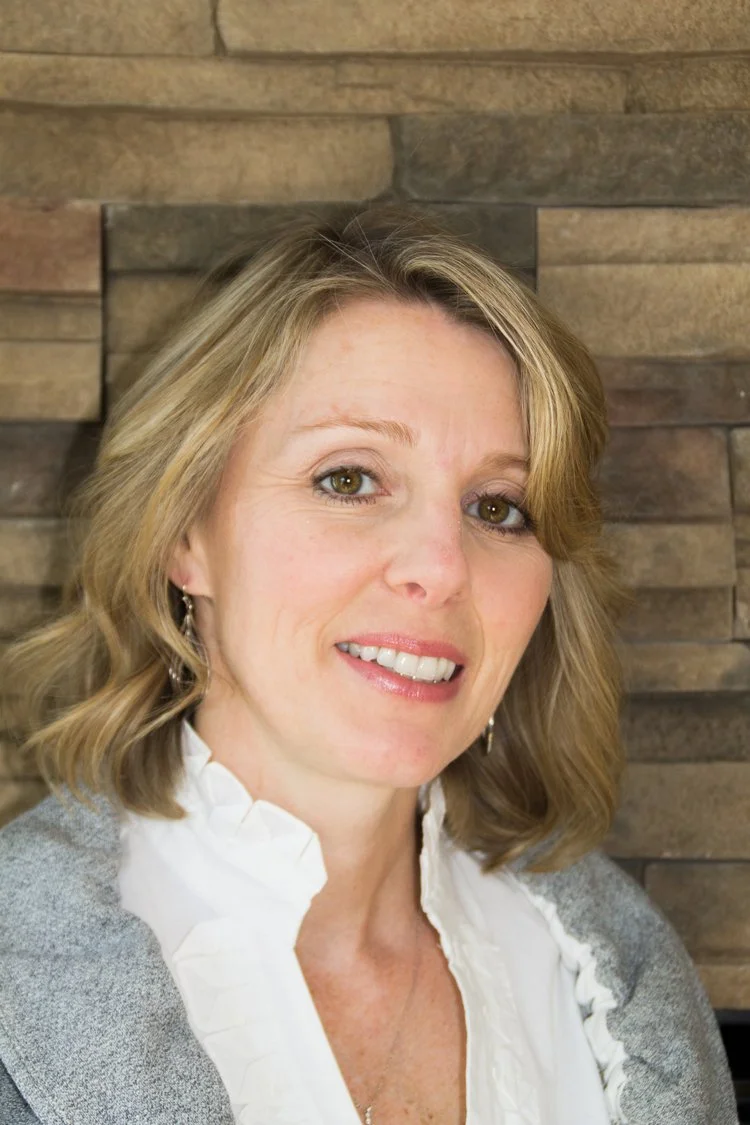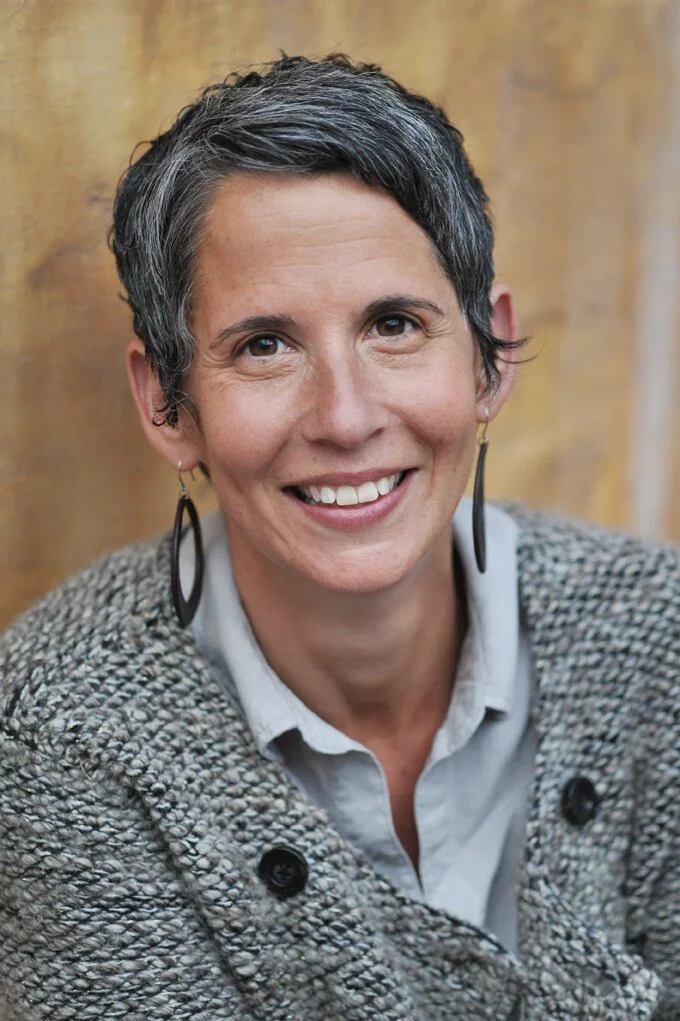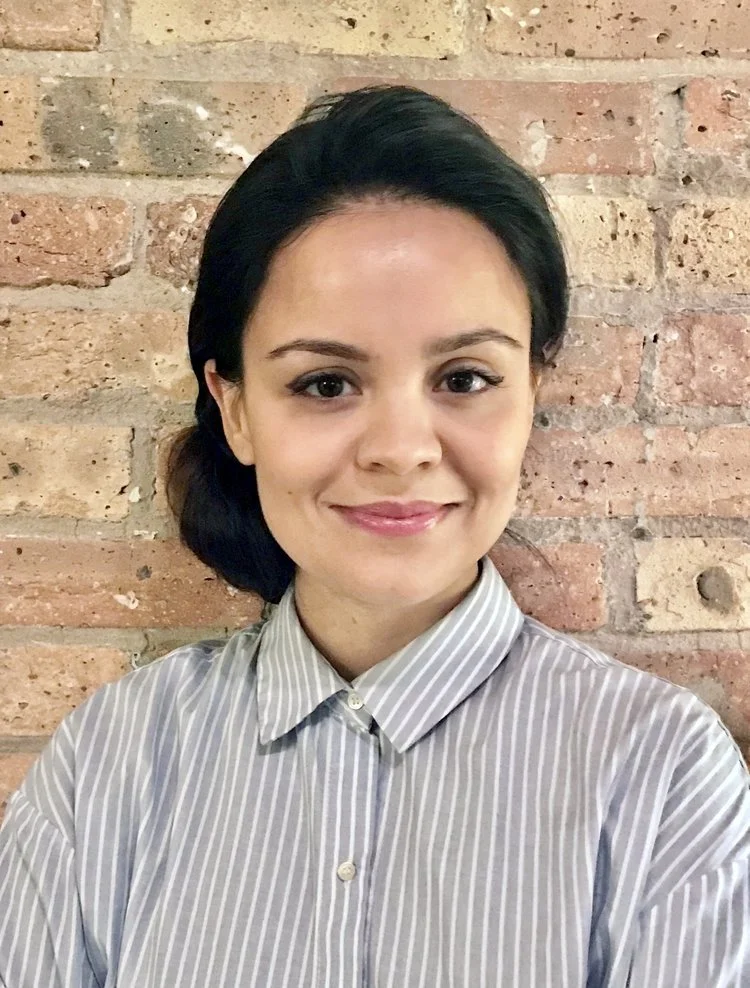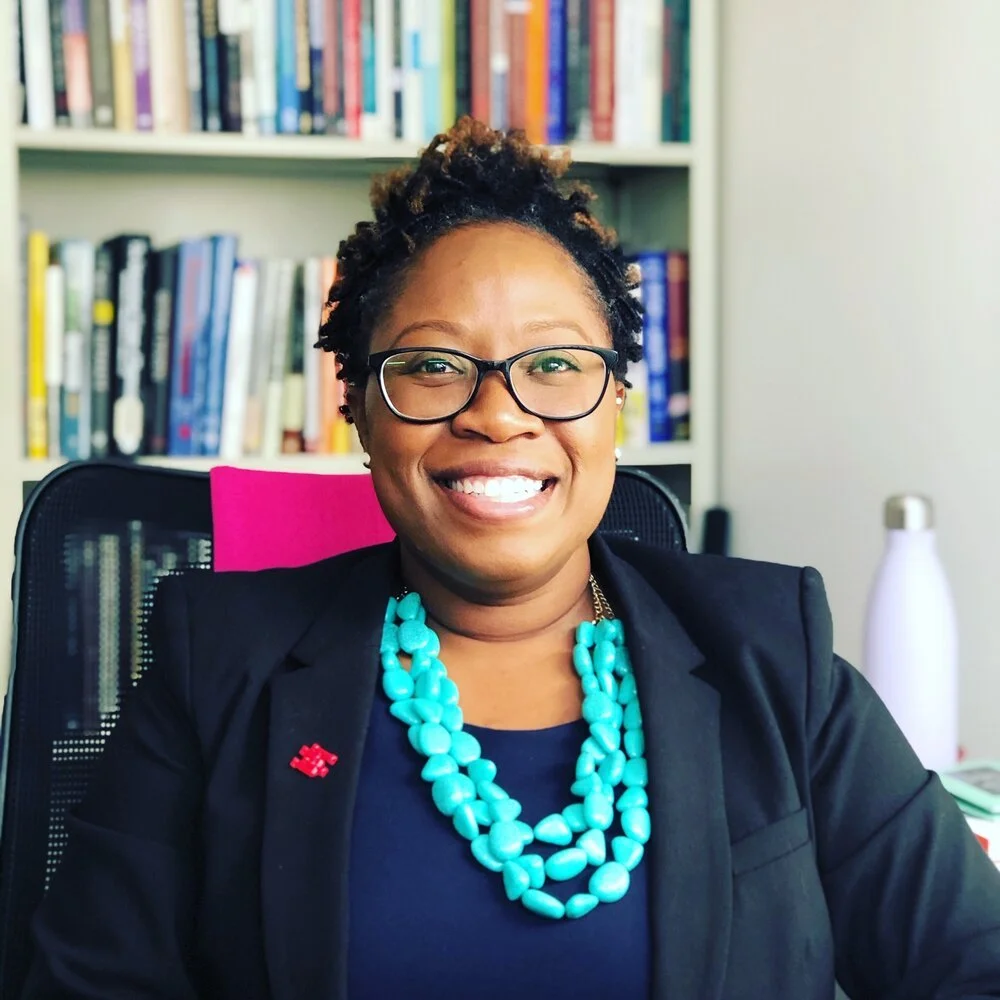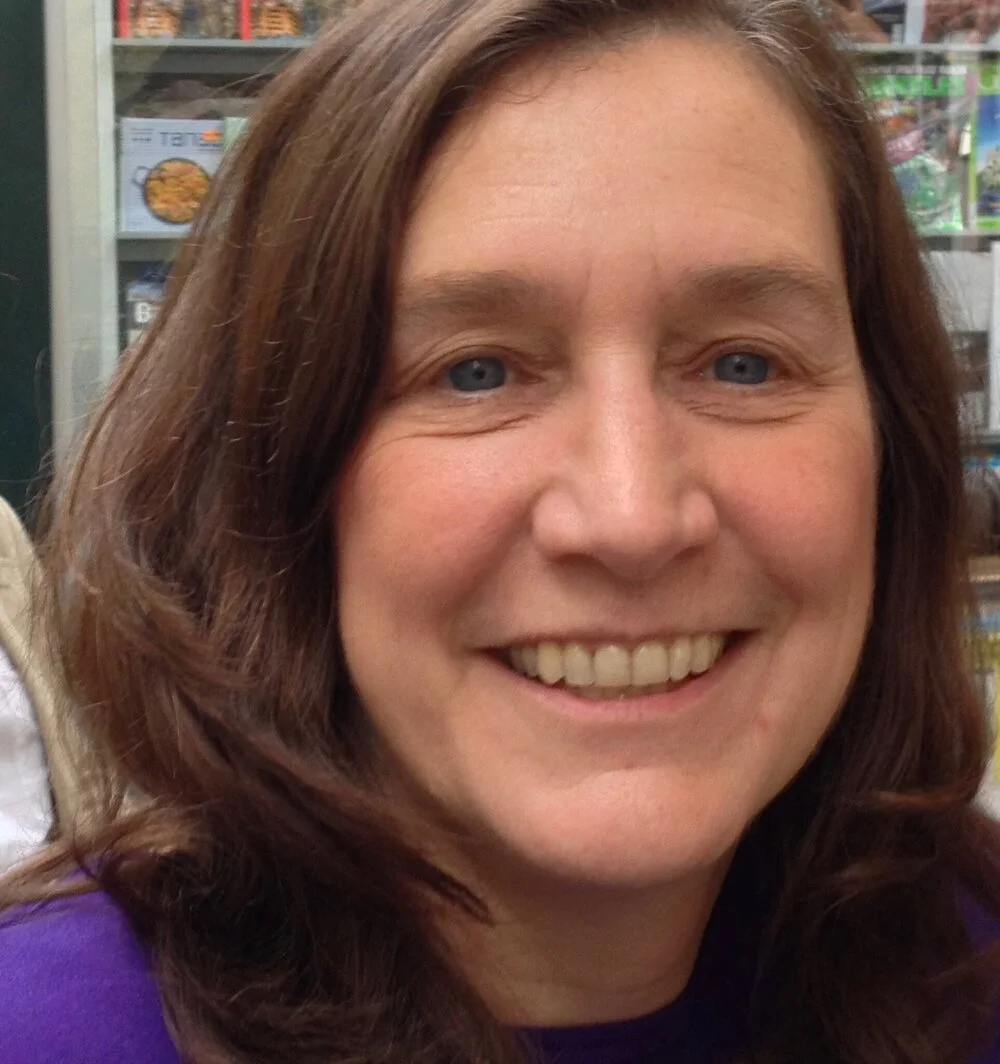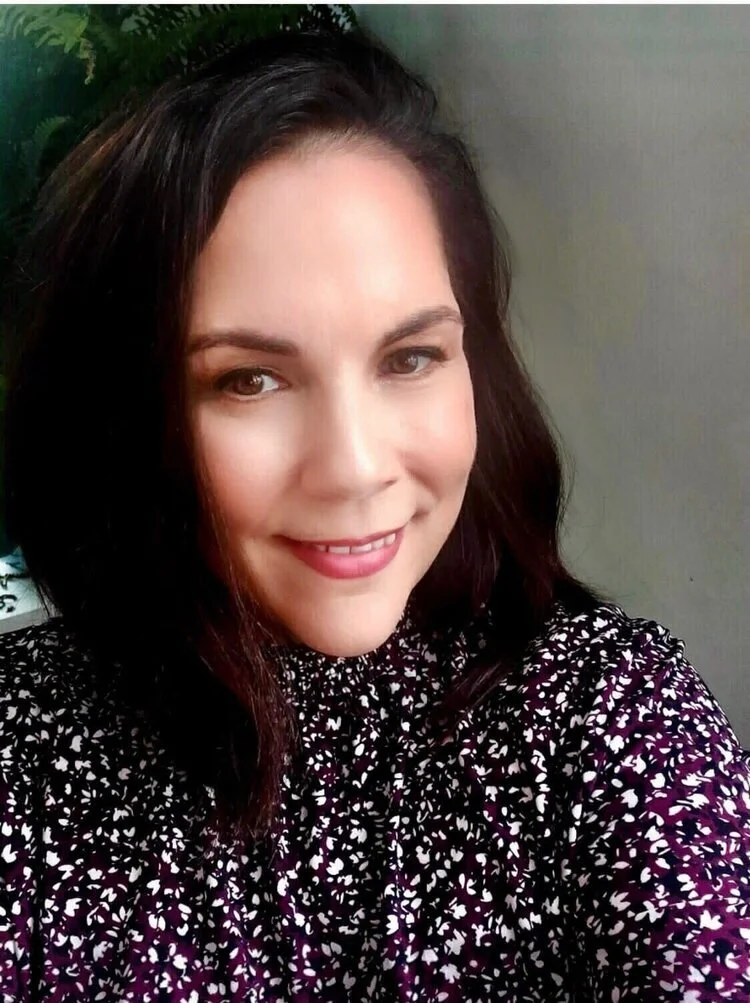Inspire Staff, Board, & Consultants
Our Staff
Beth McNamara
Co-Founder/Co-Executive Director
Beth McNamara is a social worker who received her degree from the University of Wisconsin. Hailing from a small town in the Midwest, Ms. McNamara currently resides in Montana. She has been an activist and advocate to promote healing to end gender-based violence since 1987. Beth is the co-founder and co-executive director of Inspire Action for Social Change, a non-profit organization working to create change and improved opportunities for those experiencing barriers to safety as a result of domestic and sexual violence by promoting safety and healing for individuals, families, and communities.
Beth has contributed to multiple initiatives to help build the capacity of communities and organizations around the country. She has authored and contributed to numerous publications and training resources and has extensive experience developing and conducting national educational programs and professional training for practitioners. Over the course of her career in supervised visitation, she planned, designed, and operated five different supervised visitation centers.
In the early stages of her professional life, Beth worked in shelters, managed domestic violence and sexual assault crisis calls, facilitated support groups for survivors, created and co-facilitated groups for children exposed to violence, and worked on sexual assault campus reform efforts. In addition, she has worked in the mental health and chemical dependency fields.
Jennifer Rose
Co- Founder/Co-Executive Director
Jennifer Rose has been working as an advocate and activist to promote healing and end violence against women and children for the past 25 years. Jennifer is currently the co-director at Inspire Action for Social Change. Prior to co-founding Inspire Action in 2008, she had held a number of leadership positions at local domestic violence programs. In her role as the Director of Domestic Violence Services at the Walnut Avenue Women’s Center, she worked to build a program that provided both crisis intervention and long-term advocacy and support for women and their families. She also opened a supervised visitation center that was part of a national demonstration initiative funded by the Office of Violence Against Women.
In addition to her work at Inspire Action, Jennifer works as a consultant, locally and nationally, to provide training and technical assistance on the issues of violence against women and girls, engaging people who use violence, anti-oppression/anti-racist work, community organizing, and LGBTQ issues.
Jennifer received her BA in Anthropology and Women’s Studies from Fort Lewis College and her MSW from San Jose State University.
Both Beth and Jennifer have collaborated, co-authored, and contributed to numerous publications and resources for those serving victims of violence, many of which can be downloaded on our Library page.
Amrita Hanjrah
Strategic Learning Manager
Amrita Hanjrah is a first-generation Punjabi-Canadian, a practicing Sikh, and a social justice advocate. She leads with her heart and is dedicated to interrupting gender violence in family relationships and facilitating healing and change with those who have harmed. Currently, Amrita is the Strategic Leadership Manager at Inspire Action for Social Change. She has an active role supporting Inspire Action’s work to eliminate domestic and sexual violence using a social justice and healing-centered approach. Amrita provides extensive consultation and guidance to communities across the country, seeking to improve their responses to gender-based violence and direct service provision in supervised visitation.
Amrita works with supervised visitation programs across the nation to transform relationships with histories of intimate partner violence into ones rooted in love and compassion. She continues to build upon program efforts to interrupt and dismantle the violence impacting parents and children. Amrita is committed to advocating for human rights and has built her foundation by working directly with marginalized populations through research, leadership positions, and on-the-ground direct service for the past decade. In addition to her work at Inspire Action, Amrita is invested in her communities and is learning that our work to end structural violence is not a sprint but a marathon, and she intends to be here for the long haul.
Amrita earned a Public Service focused Juris Doctorate, a Master of Public Administration focused on international development and a Bachelor of Arts in Sociology from DePaul University. She is invested in making and maintaining meaningful relationships and uplifting and expanding on the love we all hold within.
Sarah Capdeville
Administrative Assistant
Sarah Capdeville graduated from the University of Montana with a BS in Resource Conservation and a BA in Spanish. She holds an MFA in Creative Writing from Chatham University in Pittsburgh, Pennsylvania. Always in search of wild places, she proudly wore the title of wilderness ranger for five seasons. She is an editor with two place-based journals, The Hopper and The Changing Times, and her writing has been featured in national and regional publications.
Sarah is most interested in how systems of violence mirror, inform, and intertwine in communities and their natural environments. Coming from a natural science background, she works in writing and practice to deconstruct structures of ableism, cis-hetero-patriarchy, and white supremacy in the relationships between landscapes and their people.
As program administrative assistant with Inspire, Sarah brings an interconnected approach to healing and change, as well as an acute attention to detail and organization. She currently lives in Missoula, Montana, with her partner, retired greyhound, and opinionated cat, where she navigates chronic illness and daydreams about the crosscut saw.
Our Board
Dr. Quenette L. Walton, LCSW
Dr. Quenette L. Walton, LCSW is a social work educator, researcher, and mental health and violence prevention consultant. She has over 15 years of experience working within the nonprofit arena addressing the intersection of race, class, gender, mental health, and more recently gender-based violence intervention and prevention work within diverse communities. In her work, Dr. Walton uses intersectionality, qualitative research methods, and science to address mental health, inequities, and violence to create social change. Dr. Walton has served as a consultant for the nonprofit sector with her most recent projects include working with the STOP Technical Assistance to Administrators Resource (STAAR) Project and the Underserved Technical Assistance Project.
Dr. Walton’s prior work experience has spanned across multiple systems—child welfare, schools, and community mental health facilities—where she provided mental health services to children and families. She has also served on the Board of Directors for the Westside Domestic Abuse Project which is now called the Center for Advancing Domestic Peace, Inc. from 2005-2007.
Dr. Walton is a licensed clinical social worker. She completed a postdoctoral fellowship at the University of California, Los Angeles (UCLA) with the Center for Health Services and Society where she expanded her research skills within the context of mental health disparities and the social determinants of mental health. Dr. Walton is currently an Assistant Professor at the University of Houston Graduate College of Social Work. She holds a Ph.D. from the University of Illinois at Chicago, Jane Addams College of Social Work, an A.M. from the University of Chicago, School of Social Service Administration, and a B.A. from the University of Michigan.
Leslie Landis, J.D.
Leslie Landis has devoted her entire career to addressing the problem of domestic violence. As an attorney, Leslie currently serves as Court Services Project Administrator in the Office of Chief Judge for the Circuit Court of Cook County beginning in October of 2019. Prior to this position, Leslie was appointed by the Circuit Cook of Cook County’s Chief Judge in June 2010 as the first Court Administrator for the new Domestic Violence Division of the Circuit Court of Cook County. In addition to being responsible for the administrative operations of the 10 courtrooms in the division, she convened many stakeholder workgroups building active collaboration with the court.
Leslie also served as the project director for an OVW Family Court Enhancement Project which developed an innovative response to issues of child custody and visitation in both civil Orders of Protection cases as well as criminal cases. Prior to joining the court, Leslie was appointed by the Mayor of Chicago in January 1997 as the City of Chicago’s first Domestic Violence Project Manager, heading the Mayor’s Office on Domestic Violence. In this position, Leslie was responsible for coordinating the provision of domestic violence services in the city. She served as the project director of Chicago’s Safe Haven Supervised Child Visitation and Safe Exchange effort which was an OVW federal demonstration program. As such she was engaged in the development of the OVW Guiding Principles for Supervised Visitation Centers. Leslie chaired the multi-disciplinary Chicago Domestic Violence Advocacy Coordinating Council from its inception in 1997 till joining the DV Division in 2010.
With over 30 years of work addressing domestic violence, Leslie is a recognized leader in domestic violence reform efforts. As an advocate, she was instrumental in establishing the first domestic violence criminal court in Chicago and the criminal court calls in the North and Northwest suburbs of Cook County. She is a founding member of the Chicago Metropolitan Battered Women’s Network. Leslie served as the founding Executive Director of Life Span, a non-profit domestic violence counseling and legal service agency from 1982 till 1997.
Leslie collaborated on the 1986 and 1993 revisions to the Illinois Domestic Violence Act. She also collaborated in the development of the first Illinois Anti-Stalking statute. She has extensive experience as a trainer and an educator and has published and contributed to the topic of legal responses to domestic violence. She has experience in training law enforcement personnel, judges, lawyers and other court personnel, DV advocates, medical personnel, school personnel, and community/neighborhood leaders.
Lori Crowder, Ph.D.
Lori has worked for over two decades on both local and national initiatives to end gender-based violence. Lori joined ALSO in 2007. As Executive Director, she designs and manages efforts to prevent and intervene in both community violence and gender-based violence for in-risk populations through training, technical assistance, and community-building, both locally and nationally. Lori started her career in New York City, managing an initiative designed to address prisoner reentry and domestic violence for the Vera Institute of Justice. While there, she oversaw training, technical assistance, and research to build the capacity of jurisdictions around the country to provide cross-sector support for returning prisoners and their families. Prior to this, she managed social services for public housing residents in Queens.
Her research focuses on the impact of correctional supervision on intimate partner relationships. Lori’s selected publications include “Managing Ties and Time: Men’s and Women’s Reports of Relationships during Incarceration and Reentry” (dissertation, 2018); and “Prisoner reentry and intimate partner violence in the African American community: The case for culturally competent interventions. Journal of the Institute of Justice and International Studies,” (2004, co-author with Oliver, Williams, and Hairston).
Lori has taught social work courses at the City University of New York and at the UIC Jane Addams College of Social Work. She currently teaches social welfare policy courses in the MSW program at Governors State University. Lori received a B.S. from the University of Texas at Arlington, an M.S. from Columbia University’s School of Social Work, and a Ph.D. from the University of Illinois at Chicago Jane Addams College of Social Work.
Our Consultants
Erin Fairchild
Erin Fairchild, MSW, has worked with communities impacted by trauma and violence for the past 20 years, specializing in childhood exposure to violence. She has comprehensive experience in the grassroots domestic violence movement, child welfare, school and systems engagement, social justice advocacy, trauma and brain development, primary prevention approaches, adverse childhood experiences, trauma-informed practice, and children’s mental health. In her role as Defending Childhood and Safe & Thriving Communities Director for Multnomah County, she envisions a world where violence is addressed as a public health issue, where all people have equitable access to what they need to thrive. Ms. Fairchild believes everyone has a role to play in making our communities just, compassionate and loving.
Jorge Vidal
Jorge Vidal serves as the Project Coordinator for the Culturally Specific Services Program Grant (CSSP). For more than 10 years, Jorge has worked in the social work field at various non-profit and public interest organizations, promoting the rights and dignity of immigrants, people living with HIV/AIDS, and gay, lesbian, bisexual and transgender individuals and communities. "I strongly believe that empowerment is unpacking multiple layers and barriers within an individual or community to get to the core, which holds endless possibilities for advancement and understanding.” Prior to joining the Casa de Esperanza, Jorge has worked with a variety of community-based organizations, including AIDS United, Voces Latinas, GMHC, Hispanic AIDS Forum, and Coordinadora Paz para la Mujer. He has worked with the Latino community from diverse settings that include Washington DC, Connecticut, New York, and Puerto Rico. Jorge earned his Master of Social Work degree from Fordham University.
Jeremy NeVilles-Sorell
Jeremy NeVilles-Sorell has worked in the field of domestic violence since 1994 on issues affecting children who have experienced domestic violence, supervised visitation, batterer’s intervention, and providing training and education. He worked a program coordinator at the Duluth Family Visitation Center serving families with a history of domestic violence also as the Children’s Program Coordinator at Women’s Transitional Housing Coalition in Duluth, Minnesota, providing activities and groups for children who have witnessed violence. He started working with Mending the Sacred Hoop Technical Assistance Project in 1998, a national program to assist American Indian Tribes and Alaskan Native Villages to develop responses to violence against Indian women. With MSH he held various titles from team leader, program coordinator, co-director, and Training and Resources Director. In 2015 he began working with Wica Agli and in March of 2019 assumed the position of Director of the National Native Coalition of Men’s Programs.
Sheila Shankar
Sheila Shankar (she/her) is committed to transforming the conditions that give rise to violence and working towards healing justice for survivors. For the past 10 years, Sheila has been involved in addressing gender-based violence and intergenerational trauma using an intersectional feminist lens, especially in queer and immigrant communities. She previously worked as an advocate at an immigrant-led domestic violence organization and implemented Inspire’s Enhanced Model of supervised visitation with families. Sheila is a student of somatics and the transformative justice movement, and facilitates workshops on creative, embodied approaches to healing and accountability. Sheila received an MSW and is currently a PhD student in social work at the University of Chicago.

